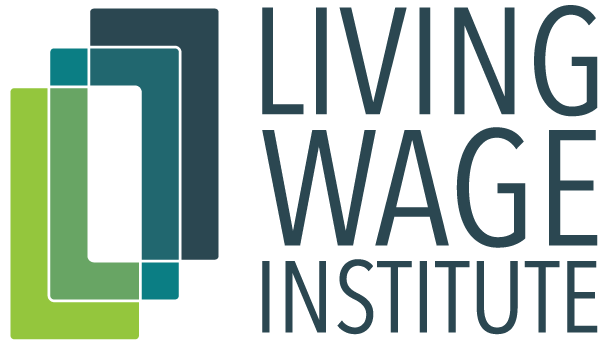In March of 2018, the Bank Negara Malaysia (BNM) has introduced the concept of “living wage,” which is the minimum income needed for a household to participate in society, the opportunity for personal and family development and freedom over severe financial stress.
According to the New Straits Times March 28, 2018, "In its 2017 Annual Report, the central bank said based on a study in 2016, the living wage in Kuala Lumpur ranges from RM2,700 a month for an individual, to RM6,500 monthly for a couple with two children.
The Central Bank said the living wage concept could be used to guide policymakers and employers on what is acceptable as minimum living standards.
Bank Negara said the minimum living standard should go beyond just affording the necessities of food, and should include social participation and financial security.
The living wages estimates, accompanied by higher productivity, have to be representative and reasonable enough to guide employers towards paying fair wages to employees.
With this guidance on living wages estimates, the government would then be able to see positive spillovers to the economy such as improvement in employee morale and productivity leading to a rate of lower labor turnover.
"Between 2014 and 2016, the bottom 40 percent of household's (B40) monthly income grew 6 percent from RM2,537 to RM2,848. With the rising cost of living, however, the real income growth worked out to be only 3.8 percent," it said.
"For some households of more than two adults and two children, the small increment covers the price hike of necessities but falls short of achieving the minimum acceptable living standard," the central bank said.
Up to 27 percent of Kuala Lumpur households are living below the 'living wage,' and they are mostly secondary school graduates with low-to-mid-skilled jobs."
The report, "The Living Wage: Beyond Making Ends Meet," written by economists Eilyn Chong and Farina Adam Khong of the Monetary Policy Department of the Central Bank of Malaysia is a highly detailed, thoughtful, and exacting analysis of the need for and resulting calculations required to identify the contents of a living wage for the residents of Kuala Lumpur. As the abstract reveals: A living wage is an income level needed for a household to afford a minimum acceptable living standard, which includes the ability to participate in society, the opportunity for personal and family development, and freedom from severe financial stress. This article discusses the motivation of introducing the living wage, the estimation of a representative level for Kuala Lumpur, and the international experiences and potential impact from adopting a living wage." To my knowledge, this is the first document of its kind, written by a national policy level organization with the intention of calling attention to the need for and requirements of efforts to pay a living wage. The paper is posted on the Central Bank's website http://www.bnm.gov.my/index.php?ch=en_publication&pg=en_work_papers&ac=62&bb=file.



